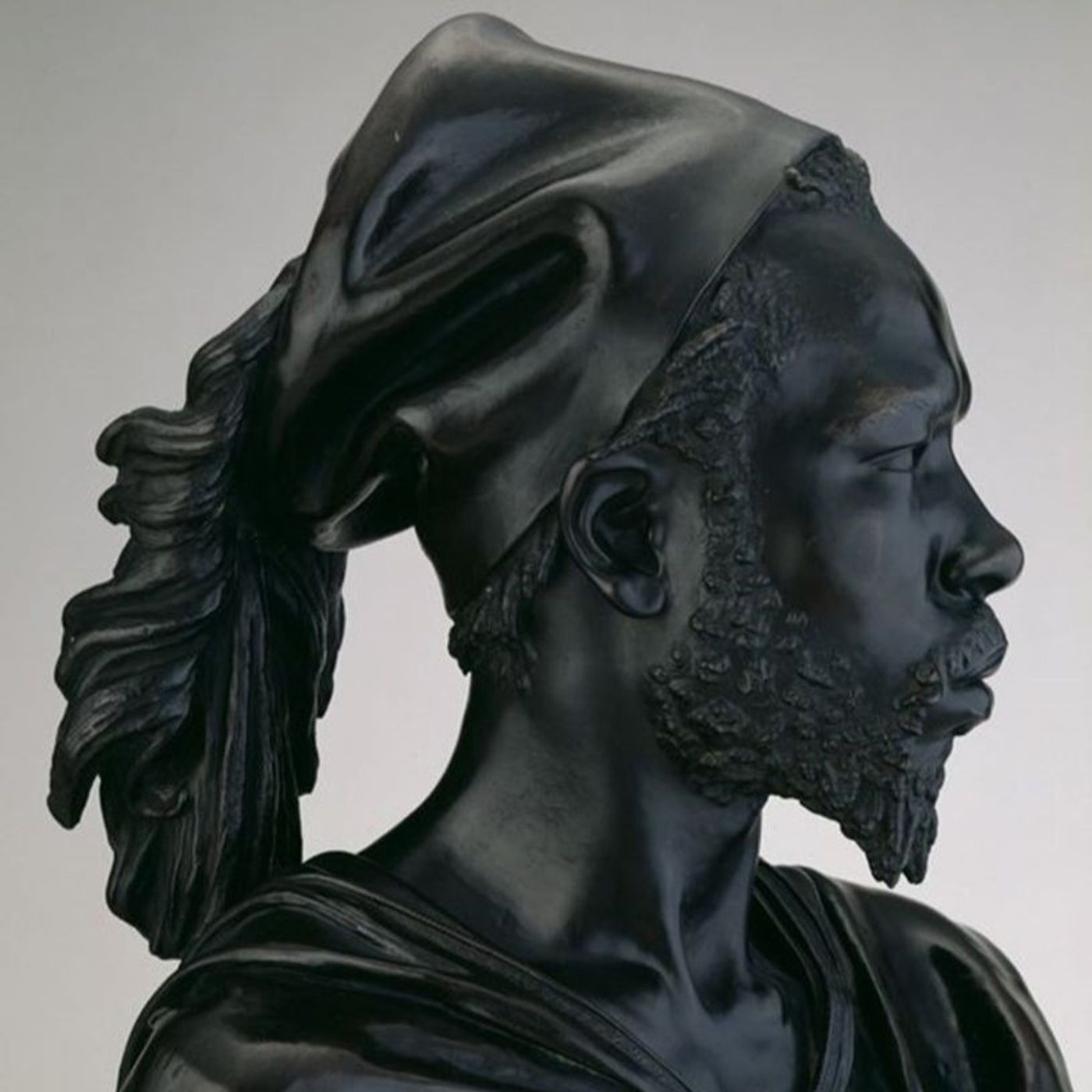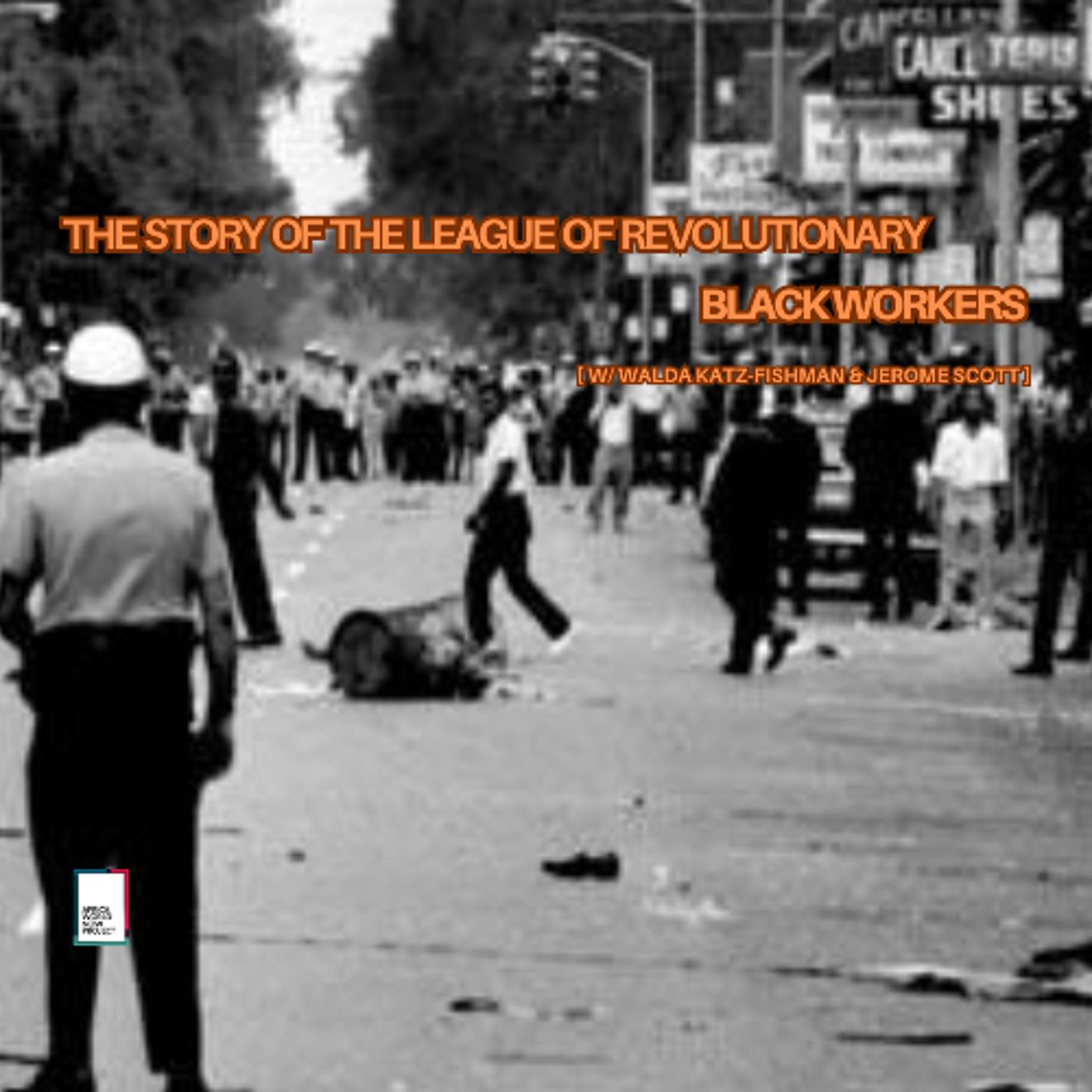Africa World Now Project

Africa World Now Project
Podcast Description
Africa World Now Project is a multimedia educational project that produces knowledge about the African world through a series of methods that include: radio, podcast, publishing, film festivals, webinars, social media, etc. Africa World Now Project is, in essence, a multimedia open-access 'classroom' that provides actionable information that explores continuities and discontinuities in the history, culture, and politics of the entire African world. AWNP does this by engaging in organic discussions with scholars, artists, journalists, activists, organizers and others who are intentionally disruptive in assessing the various issues that exist in the entire African world.
Podcast Insights
Content Themes
Explores topics related to African history, culture, politics, and resistance through formats such as interviews with scholars and activists. Key themes include the role of music in civil rights as discussed in episodes like 'How music defines D.C.’s history of resistance and resilience' and critical examinations of time as a colonial construct in 'Dismantling the master's clock.'

Africa World Now Project is a multimedia educational project that produces knowledge about the African world through a series of methods that include: radio, podcast, publishing, film festivals, webinars, social media, etc. Africa World Now Project is, in essence, a multimedia open-access ‘classroom’ that provides actionable information that explores continuities and discontinuities in the history, culture, and politics of the entire African world. AWNP does this by engaging in organic discussions with scholars, artists, journalists, activists, organizers and others who are intentionally disruptive in assessing the various issues that exist in the entire African world.
The struggle of the LRBW was centered on the political development of Black workers inside the development of global capitalism in the United States and within a leading sector of capitalist production in the early and mid-twentieth century, which was then, the auto-industry. This socio-economic location molded a section of Black workers into working-class revolutionaries. The historical moment that shaped LRBW was located at the nexus of the post-World War II capitalist expansion and the beginning of capitalist globalization, rooted in the new technical evolution of the forces of production: a turn to industrial automation of the workplace. The very process of their pedagogy of revolution, was their study of theory and what is produced when this theory is applied to real-world experiences, which shaped their practice into workers power. To study the intellectual processes of the LRBW in the context of a developing global capitalism, as they are identifying a pedagogy of revolution is an essential frame of reference that can offer contemporary working-class movements a guide of action. Meaning, the point of discovering the intellectual processes (theoretical development) of the LRBW opens space for us to understand the processes of how [and in what ways] they were intent to developing a worker’s movement. As we pay attention to their ability to identify and name the world around them and the steps they took to then engage their realities in a larger context is an important point of entry to building working class unity. This development, seen as a process, serves to situate them historically, while also guiding us to identify what to extract from their practice that can be applied to the [static] and evolving conditions workers find themselves in today. What questions were left for us to take up, what are the contours of their thought and practice that be extended and expanded? What are the similarities and dissimilarities in the conditions that workers find themselves across sectors? And What is to be done? The LRBW is an interesting and complicated expression of the relationship between Black workers in Detroit and the global capitalist system. It was a struggle between autoworkers, the union, and the automobile industry. It encompassed the struggles and contradictions between the workers and the bosses, as well as between workers and the union of which they were a part. This period exposed the glaring internal and external contradictions of racism within and around the workers movement, historically and in that moment. Yet, the LRBW was able to develop a process of struggle combining both theory and practice. Today, we explore the story of the League of Revolutionary Black Workers with Jerome Scott and walda katz-fishman, authors of Motown and the Making of Working-Class Revolutionaries: The story of the League of Revolutionary Black Workers. walda katz-fishman is a scholar activist and professor of sociology at Howard University. A founding member and former board chair of Project South: Institute for the Elimination of Poverty & Genocide, she is a contributing author or editor of popular education toolkits and books, including The United States Social Forum: Perspectives of a Movement and The Roots of Terror, among others. Jerome Scott is a former autoworker, labor organizer in Detroit auto plants, and member of the League of Revolutionary Black Workers. The founding director of Project South: Institute for the Elimination of Poverty & Genocide, he is a contributing author or editor of popular education toolkits and books, including The United States Social Forum: Perspectives of a Movement and The Roots of Terror, among others, as well.

Disclaimer
This podcast’s information is provided for general reference and was obtained from publicly accessible sources. The Podcast Collaborative neither produces nor verifies the content, accuracy, or suitability of this podcast. Views and opinions belong solely to the podcast creators and guests.
For a complete disclaimer, please see our Full Disclaimer on the archive page. The Podcast Collaborative bears no responsibility for the podcast’s themes, language, or overall content. Listener discretion is advised. Read our Terms of Use and Privacy Policy for more details.